
Why PlayBased Learning is Important for Preschool
Play has been defined as an activity that is: characterised by engagement and engagement, with high levels of involvement, engrossment and intrinsic motivation. imaginative, creative, and non-literal. voluntary or freely chosen, personally directed (often child-initiated) and free from externally imposed rules.
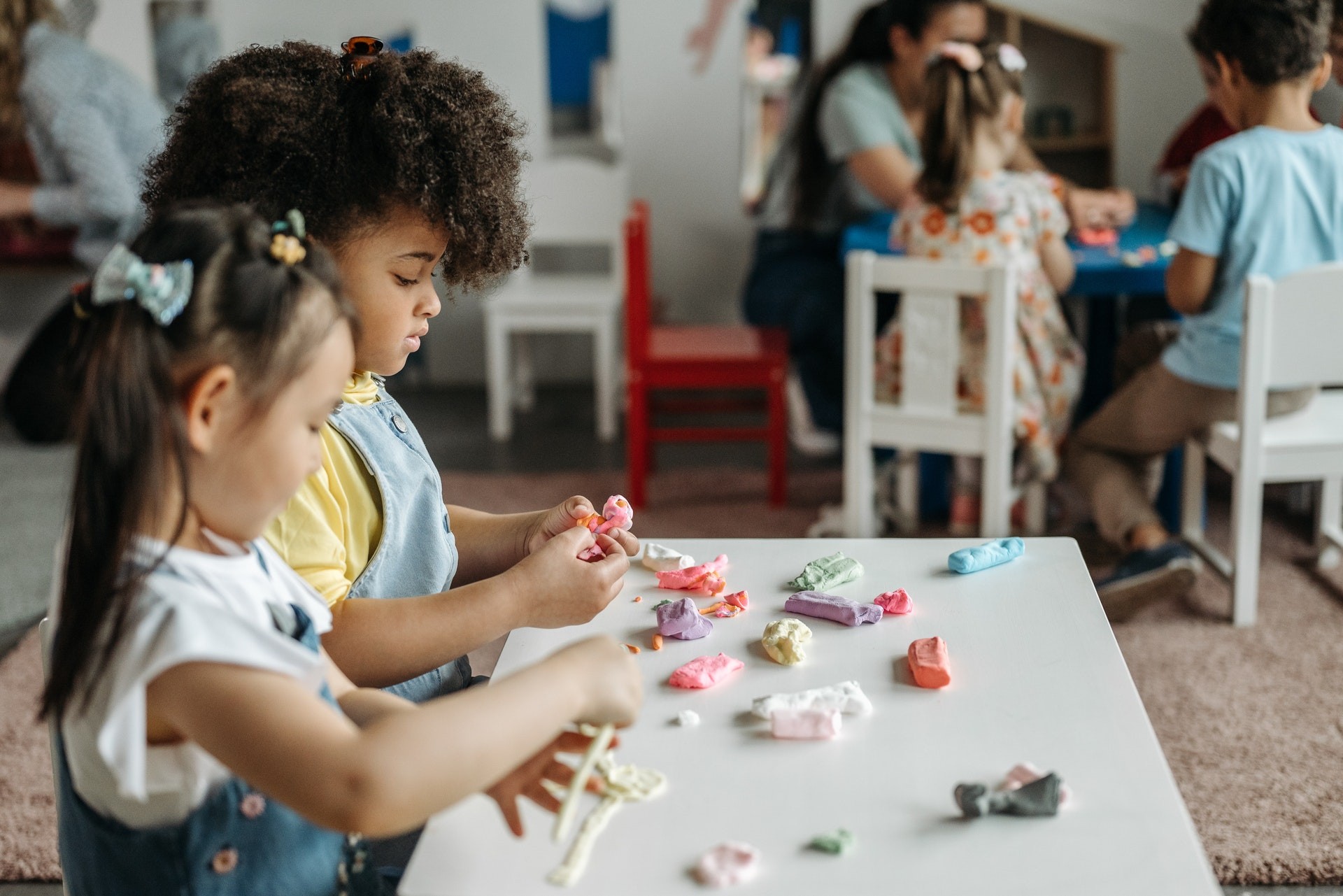
Understanding PlayBased Learning & Its Impact on Students Prodigy Education
Play-based learning is more than a failure-free way for children to practice essential skills and social interactions. It creates a fair, positive environment and can close achievement gaps that may exist for some children in all learning environments. The LEGO Foundation published a report that surveyed over 26 studies of play from 18.

How does playbased learning set your child up for success?
The space invites play. Play-based learning is relatively common in preschool settings and has been linked to the development of 21st century learning skills—including collaboration, communication, content, critical thinking, creative innovation, and confidence 1 —as well as social and emotional development, 2 language development, 3 and.

PlayBased Learning in 2020 Play based learning, Play based, Childhood education
Play-based learning encourages kids' natural curiosity and teaches them important communication and problem-solving skills. Think of the skills it takes to engage in negotiation and planning to create and manage a pretend cafe or build a block castle. The importance of play isn't debated, and many early childhood programs take a play-based.

The Importance of play in Early Childhood (and why kids need more of it) Learning through play
When children play, they learn. They solve problems, think strategically, relate to others, and manage life's ups and downs. Play helps children learn how to learn - and love learning. We've gathered some of our favourite games. You can play them anywhere - using things you find at home. Play is how children thrive.

Why Play Based Learning is Important for Preschoolers
In addition, it supports skills like collaboration, communication, and creativity. Offering play can feel challenging when mandated programs and standardized tests are requirements of many school districts, but play-based learning is an effective practice for deepening understanding and engaging children. The key is finding a balance between.

Why play is important. Information sheet for parents. Childhood education, Child development
Engaging kids in play is the groundwork for their future academic success. Social and Emotional Development. Play-based learning isn't just about sharpening cognitive skills; it's also a social and emotional playground. Through play, children learn to navigate complex social dynamics, negotiate conflicts, and develop empathy and cooperation.

PlayBased Learning How & Why It Works Wonderschool
Play creates a brain that has increased 'flexibility and improved potential for learning later in life' (Lester & Russell, 2008, p. 9). Young children's play allows them to explore, identify, negotiate, take risks and create meaning. The intellectual and cognitive benefits of playing have been well documented.
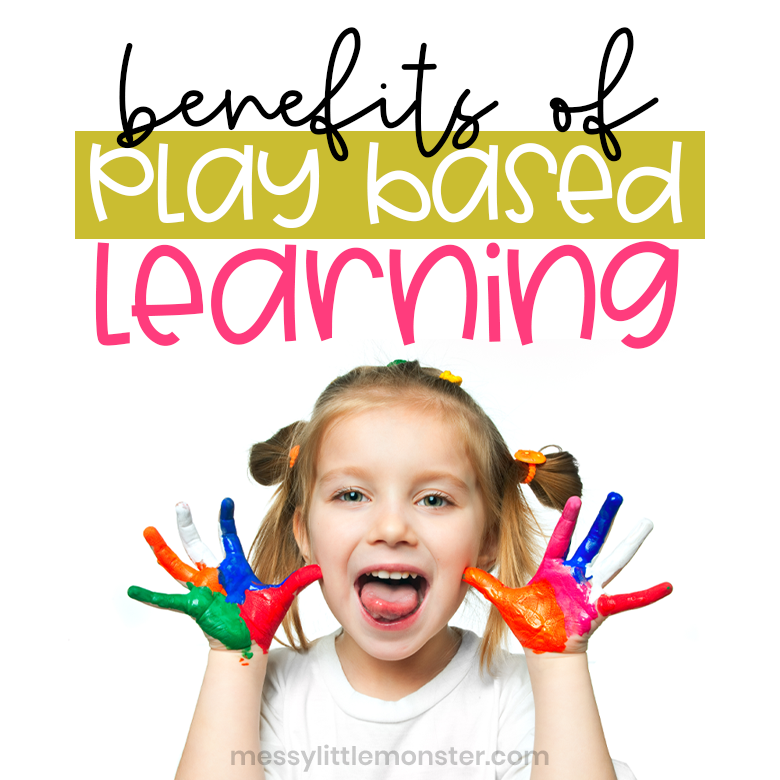
Benefits of Play Based Learning Messy Little Monster
Play-based learning helps children develop social skills, motivation to learn, and even language and numeracy skills. Taking initiative, focused attention, and curiosity about the world are all a part of play. Children are naturally wired to do the very thing that will help them learn and grow.

13 Play Based Learning Benefits and Challenges (2023)
Playful learning leverages the power of active (minds-on), engaging (not distracting), meaningful, socially interactive, and iterative thinking and learning (Zosh et al. 2018) in powerful ways that lead to increased learning. Free play lets children explore and express themselves—to be the captains of their own ship.
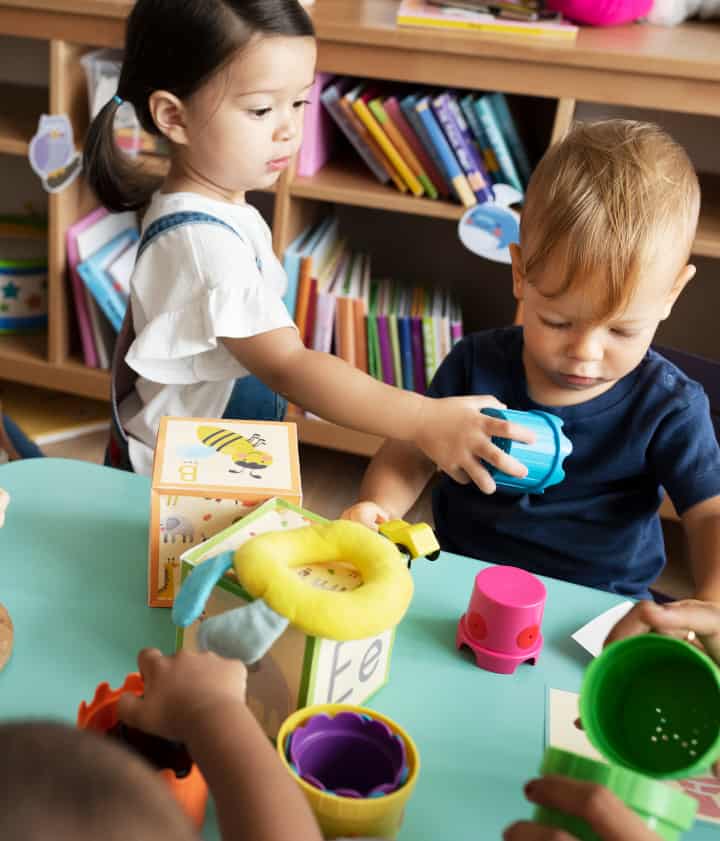
Importance of Play in Early Childhood (9 Benefits & Infographic)
Learning Through Play in Pre-K. Play has long been a vital and recognized way that children grow and learn, says Katherine Green, who serves on the affiliate faculty at The Chicago School of.

whyindependentplayisimportant ⋆ Play Based Parenting
Let's look at all of the benefits of play in classrooms a little closer. 1. Taps Into Each Aspect Of Student Development. Research shows that play-based learning develops cognitive, social-emotional, and academic skills in children. It also has physical benefits in developing both fine and gross motor skills in young learners.
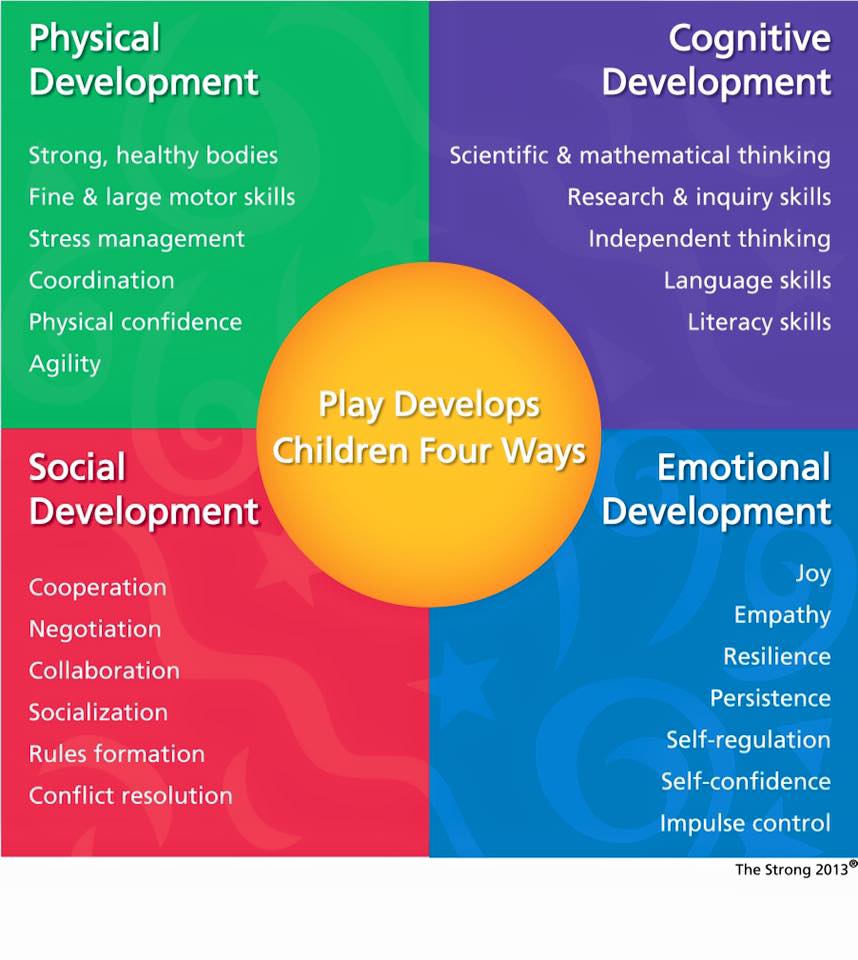
Understanding the Benefits of Play for Our Children. Finlee & Me
The space invites play. Play-based learning is relatively common in preschool settings and has been linked to the development of 21st century learning skills—including collaboration, communication, content, critical thinking, creative innovation, and confidence 1 —as well as social and emotional development, 2 language development, 3 and.
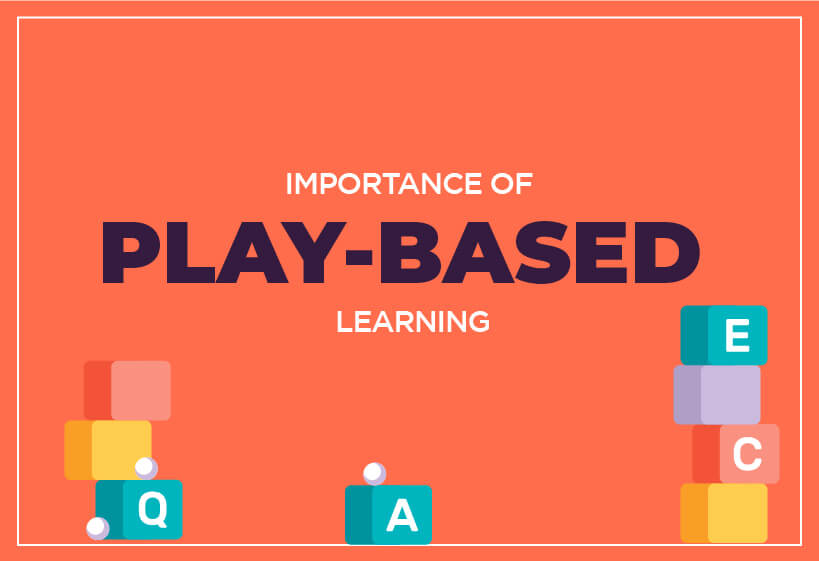
Importance Of PlayBased Learning Kanakia International Schools
It's possible to play with a purpose. There is a difference between free play and playful learning. While both are important, a pedagogy of play is grounded in playing toward certain learning goals, designing activities that fit in and leverage curricular content and goals. Children are trusted to direct their own learning, but with.

Why play is important Play based learning, Cognitive development, Social emotional development
Play-based learning. Your child is naturally curious. Right from birth, they are wondering and exploring. They are watching and listening. Moving and feeling. The daily interactions and experiences you share with your children is how they learn about the world around them. These interactions involve play. Play is a powerful and important activity.

Learning Through Play Quotes The Open School
in early childhood, followed by key points of why learning through play builds lifelong learners and supports children's overall development. We then note the obstacles that pre-primary advocates may face when making a case for play-based methods, and we propose a systems perspective in advocating for child-centred pedagogy and playful.